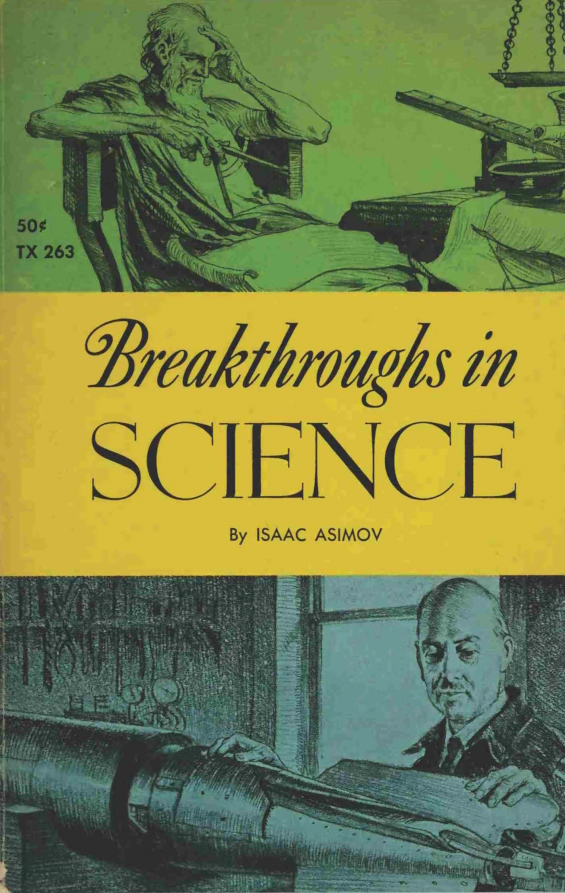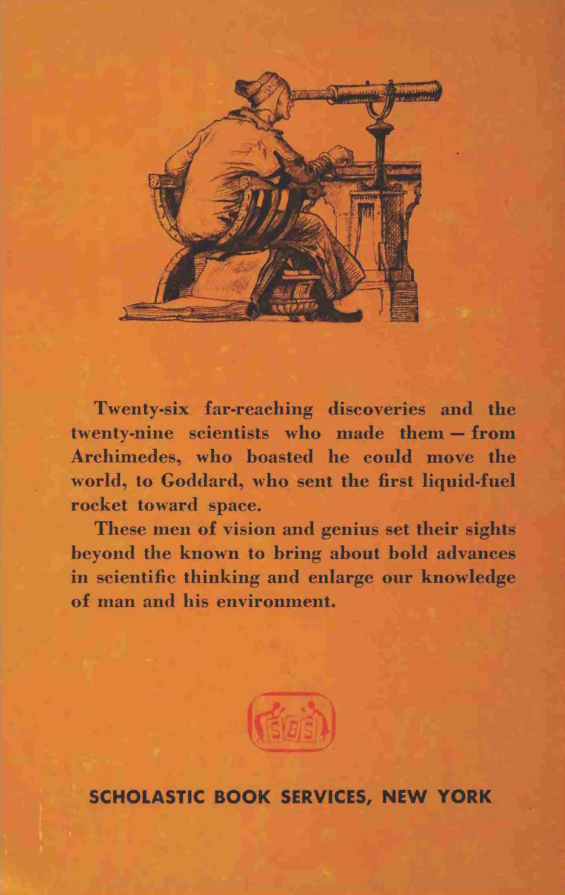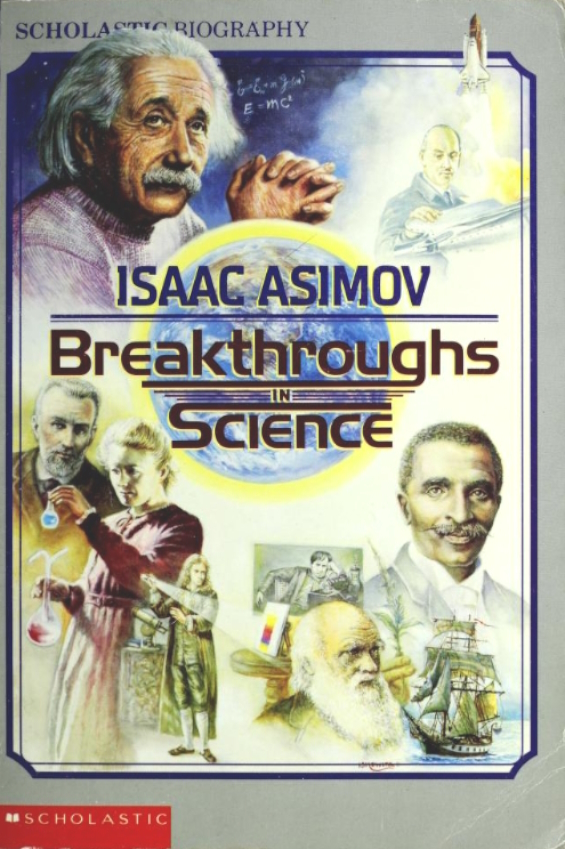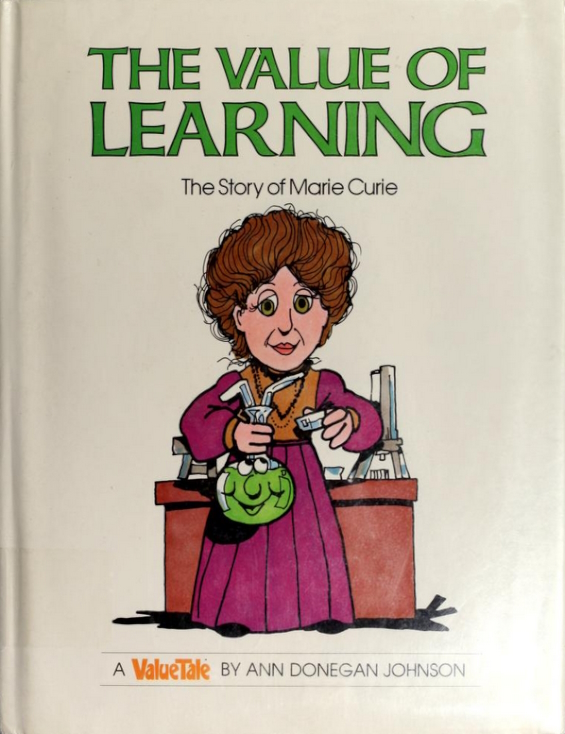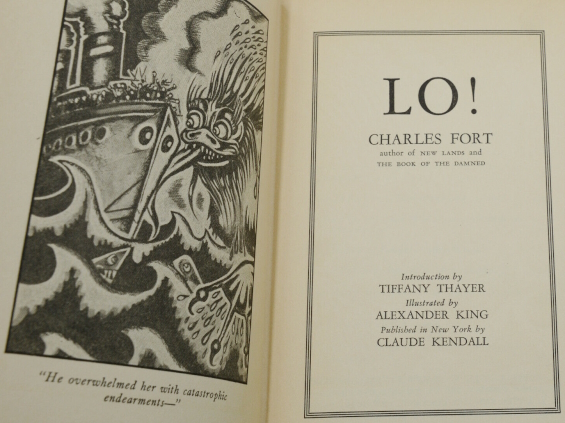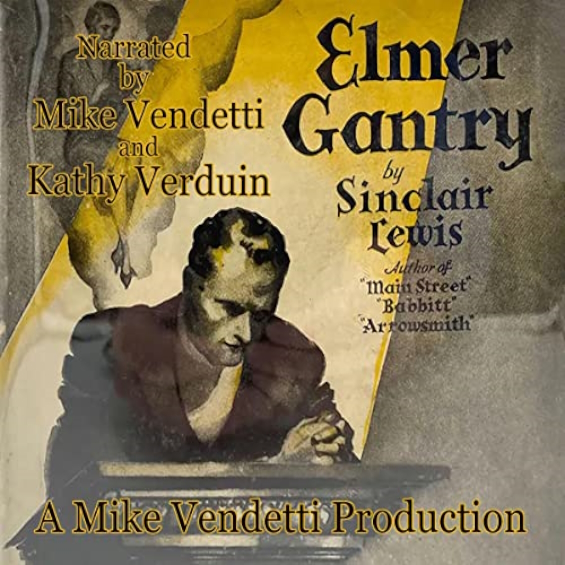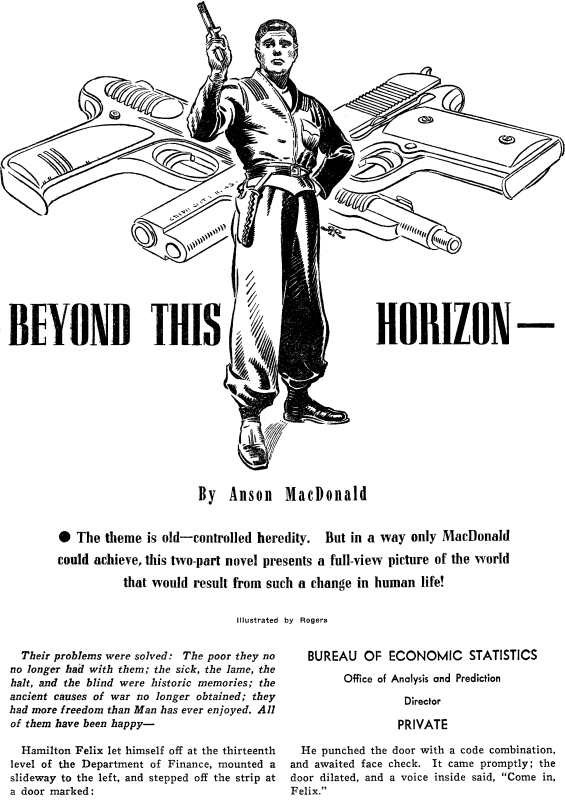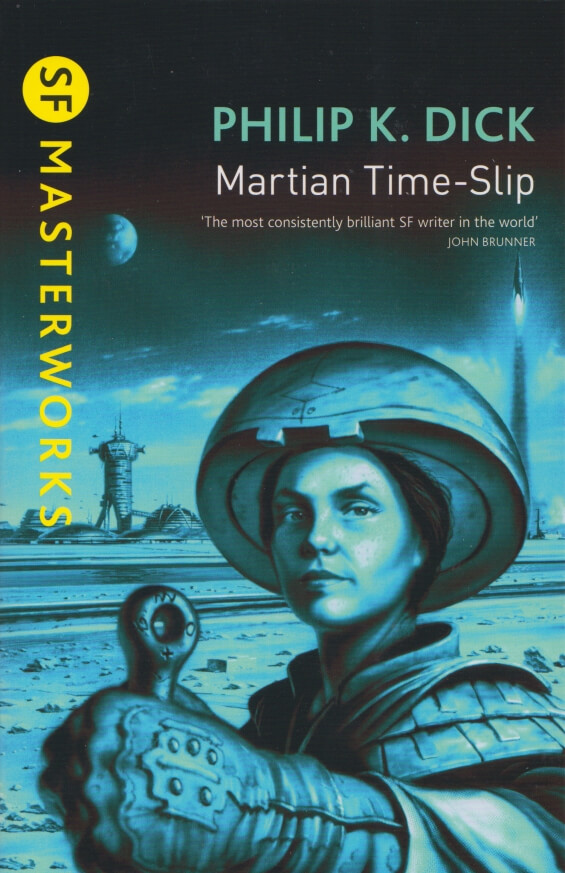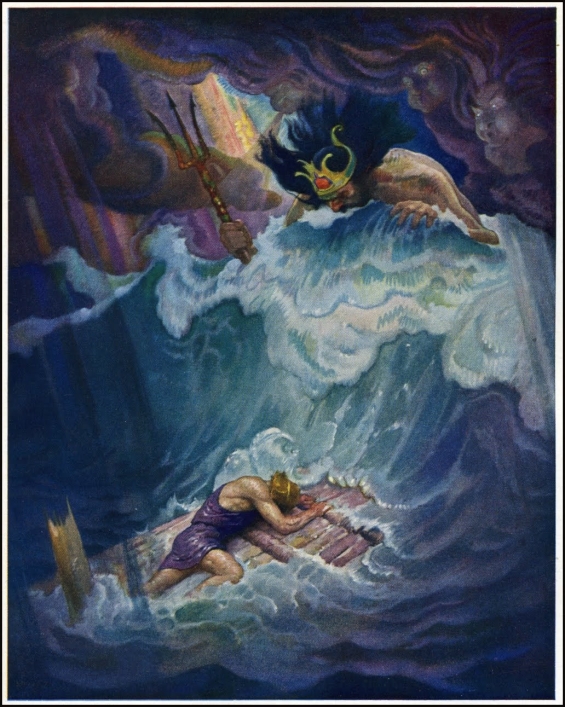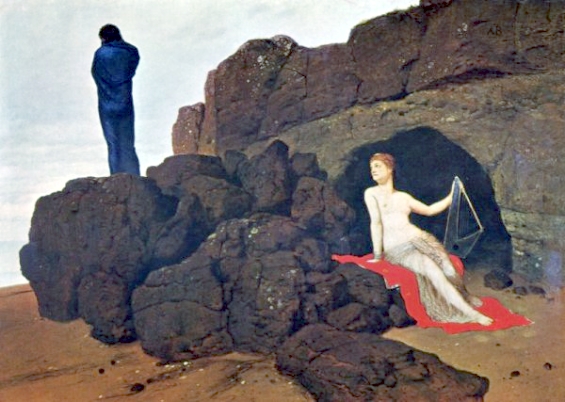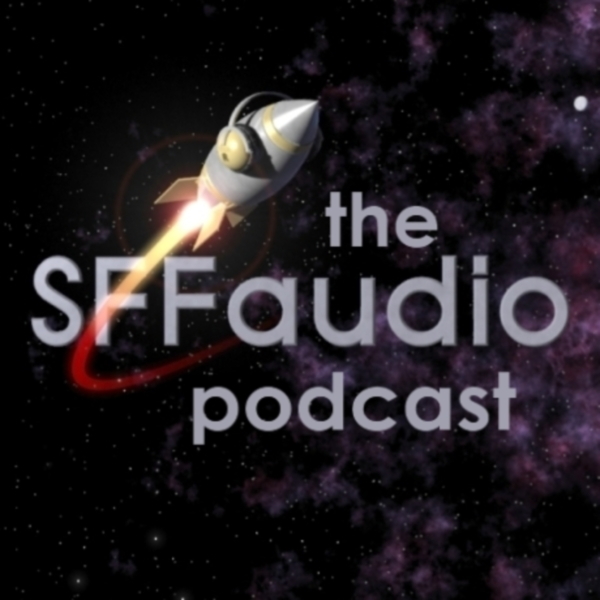
The SFFaudio Podcast #760 – The Poison Belt by Arthur Conan Doyle, read by Mike F. Smith (for LibriVox.org). This is a complete and unabridged reading of the book (3 hours, 17 minutes) followed by a discussion of it. Participants in the discussion include Jesse, Paul Weimer, Bryan Alexander, Trish E. Matson, and Terence Blake
Talked about on today’s show:
1913, The Strand, republished, 199 pages, 3 hours and 15 minutes, what we might call a series, The Lost World, never even mention dinosaurs, does this book stand on its own, from a plot perspective, fall into the byplay, as characters, building on those characters, what character we needed, such a step down in terms of length, the mind blowing idea, discovered dinosaurs 3 years earlier, everybody dies, what challenger was doing, reverses all the damage he does, less potent thus less famous, the reception, invasion novels, village, how the rest of the world responds, golfers and babies, the end of the world, straight up, a giant stride being taken, the big setup, skull island, the plateau of Leng, Edgar Rice Burroughs, in Challenger’s wife’s boudoir, no action, the story as an idea, a request from publishers, more of that Challenger stuff, the adventures of these guys again, this story gets super-existential, I can’t report the news now, that old lady worrying about her stocks, in despair, we still have science!, all the roles that Conan Doyle is himself playing, aspects of his own personality, Sumerlee is the worst parts, Challenger is the guy who wants to be, Roxton is the manly man, the reversal, Aristotle’s unities, war imagery, corpses lying every which way on the ground, pseudocorpses, a gas attack, even more striking, propaganda operations, that’s where he got his, keeping up with the fairies, keeping up with everything topical, Danger!, England being attacked by an enemy using uboats, the spectre of death, War Of The Worlds, newspaper reports, telegrams, he wanted an [email protected] email address, clericals and anarchists, Paris has riots in the streets, racialism, the nigger at the beginning and the end, less complex societies, Sumatra, odious ideas of race, the pinnacle is all these people, after he bites his housemaid, a superman, making fun of challenger, short legs, the ride in on the traincar, doing a cockatoo, some rando, perfect for England in 1913, no colonies east of Sumatra, we peel around the world moving west, continues past England, eerily prescient, really poignant, layers of mediation, a snapshot of attitudes in this peak of colonialism, the Slovenians falling, the Teutons were slower to be affected, Doyle’s everybody here, could he have written this 20 years later, kinda stupid premise, ether is not a thing, ether has come back, Einstein, we don’t need this shit, you don’t need ether for the plot, a map of local interstellar space, a bubble of low density interstellar medium, pre-Einsteinian ether theory, cosmic particles, panspermia, what we’re looking at is not a gas, like the Force, allowing light to do its thing, it doesn’t make any sense, change the overall mixture, it can’t actually be a gas, the earth orbiting through this gas, diluting it, they wax papered the windows, A Pail Of Air by Fritz Leiber, a bucket of oxygen, a frozen gas vs. an etheral gas, echoes from this book, Brain Wave by Poul Anderson, supressed conductivity, a Vernor Vinge lift later as well, A Fire Upon The Deep, zones of thought, a sleeping field, the vocab word: catalepsy, I’m feeling cataleptic, can’t come into work today, The First Men In The Moon by H.G. Wells, a social novel, clearly sentimental, the imagery is powerful, the comedy aspect, makes it gentle, John Wyndham’s The Midwich Cuckoos, that scale is so different, every woman on earth is now pregnant, The Day Of The Triffids, knocking up a whole world, hyper-personal, played by Brian Blessed, if fictional people can be reincarnated into real people, A Thousand Plateaus by Félix Guattari and Gilles Deleuze, chapter tracks, a screaming thing, The Land Of The Mists, spiritually insane, 5% insane, luminiferous either, a spiritualist concept, observe as much as we can, if it exists, really?, takes it a priori, Lovecraft, water and salt, who he is and how, essential salts, materialism, too great a thing, three bucketfuls of water, ugly bags of mostly water, uses matter but is not of it, When The World Screamed, a Quatermass serial, a Doctor Who episode, Inferno, a Mirror, Mirror, evil UNIT, Brigadier has an eye-patch, like Spock, some other inventor, the Earth is a living organism, the crust of the Earth with the grapes, a wash to get of some virus or bacteria on the grapes, a line of 8 reapers, bloody golfers, machine metaphors, longing for simplification, early Christian apocalypse, Ragnarok, atomic bomb stories, after the bomb, Mad Max, 27 hours, makes a good play, its scope is much smaller, a total cop-out, just believe Challenger, all hold hands and become a better world, massive anarchist conspiracy, find people to blame it on, a prime target, lost a day, very controversial, personal reasons, hurts the stature, post-apocalyptic, not a plague, the policman standing up wakes up, traffic’s gone to shit, hard not to bring up Lovecraft, a science fiction story, field glasses, spot his housekeeper, a microscope, this microscope, this is wonderful, you can see for your self, and yet it moves sort of line, scientific method, emotionally interesting, existential, does my life have meaning, humour, Doyle’s such a good writer, everything flows so smoothly, our worthy Summerlee, mopping his heated brow, more easily condone, when my balance has been disturbed, one Sarah, so much classism, she is a woman of a sever and forbidding aspect, the royal we, alone at my breakfast, entertaining and instructive, imperturbability, upset a small vase, withdrawn the the study, I sank my teeth in the calf of her leg, ore herself free, some thoughts of an explanation, traveling very rapidly, is it illuminative?, pour this orange juice on his head, explaining the behavior, as you drink less alcohol, as you get older, restrain yourself, as your faculties go, laughter and impulsivity, rationalizing, this experiment is a good idea, so good, he’s become a monster, he bit her on the leg, use my rational mind, problems and issues, classism, rather horrified, loyal chauffeur, wryly sticks with the professor, such a domestic tyrant, they couldn’t appreciate it, we’re all going to die soon, while working on the engine, a common attitude, many rich people now, utter callousness, a natural progression, Sherpas are always missing when climbing Everest, Nepal, the last real town before Everest, a statue of Tenzing Norgay, without him Hillary wouldn’t have gotten anywhere, run 26 miles down hill, badass, Victorian, 18th century fiction, invisible servants, especially a British thing, French social novels of the 19th century, Russian novels, snapshot of the world in 1913, a maniac and a monster, we see this today, Kardashians, gigantic celebrity, talent on stage, staff was masked up, the science in here, the ether explanation, the ideas of what science is, pro-science stuff, what is this book about, what is a theme?, the hardest questions, you’re telling me I have to live, they don’t want to live in a world without…, you can’t published, you can find stuff out, the most stable idea, it isn’t the publication its the finding out, new things about reality, there’s still always going to be science, for science alone vs. life with him, some class stuff with the local guides, and racism, science is in many ways useless, too late to do anything about it, a Cassandra function, there’s delight, the future Earth will be repopulated, evolution is 100% true, a series of observations, predictions, errors, new observations, new predictions, very optimistic, horrific things happened and people were shocked for a while, Malone, feeble folk, like all the oft repeated truths, a lesson an actual experience was need to bring it home, still stunned by the suddenness of the blows, fires everywhere, one of the greatest tragedies, grim reading, her stocks! her stocks!, elide over millions are going to die, for the survivors, personally unaffected, wake up, a rictus grin, nobody died of dehydration, those people, COVID-19, awfully familiar, almost Lovecraftian, the abyss, how convenient, the engineers, this story is meaningless in a certain sense, what will not be forgotten, this revelation, ignorant self-complacency, what abysses may lie on the other side, all our emotions to-day, pushing the religion, explicit religious stuff, singing the hymn, that chastened effect, humility, a narcissistic element, we survived, a contradiction in the narrative stance, the only survivors, Huck Finn at his own funeral, headlines, DEAD LONDON!, The Star by H.G. Wells, almost exactly the same story, A Pail Of Air, a rogue planet, the new brotherhood, books and machines, a hint of this, cold last paragraph, Martian astronomers, Wells and Conan Doyle were really different people, you know why he didn’t get a sir, almost all his characters are monsters, imposing these things on people, often they get a comeuppance, The War Of The Worlds guy, their philosophies, The Time Ships by Stephen Baxter, a really ambitious book, a bunch of child murders, aloof, The First Men In The Moon, Cavor is wonderful, suicidal, a cool romp?, sentimental, moved by it, convinced the whole world had died, where that leaves us, humanity being humbled, the amoeba doesn’t save anybody in this, the human future, out of space, this invasion from Mars, the most fruitful source of decadence, the conception of the commonweal of mankind, very Wellsian, Eric S. Rabkin, that’ll never be the case, damn that gets me, such a magnificent book, a Challenger adventure, he’s a great character, why is he so enthusiastic, reading old stuff does more than one thing, a picture of the society I live in, Fraunhofer lines, we can’t imagine this today, our tame scientist at the office, they have a scientist on staff, at the New York Times, maybe today, he don’t write a lot of articles, 5 people wrote them, daily newspapers, a list of experts they call up, just there to consult, be a Wikipedia and keep up with all that stuff, the golfers and the cricketers, pre-WWI Britain, a “tame scientist”, this had to have been true, these were going concerns, going through old newspapers, the topics covered, university level writing, mistakes, Lovecraft had a syndicated astronomy column across the USA, the local newspaper, the Vancouver Sun, the Province, 5 days a week, not doing Mondays anymore, the fonts are big, the end times for newspapers, Bryan’s new book, Universities On Fire by Bryan Alexander, the bleakest thing Bryan’s ever written, possible extinction, Scientific American used to be amazing, magazines are dead, retired teacher magazines are better than national general topic magazines, encouraging people to get vaccinated, insisted they didn’t need vaccination, the wackiness of Q Anon, silver colloidal treatments, oceans of scientific stuff, the evolution of Wikipedia on SARS, we have a stupider media, access to scientific material, mis and dis information, reading wrong stuff, getting indoctrinated by it, we lived through COVID in real time, the vaccine(s), distributed quickly, excited about the science aspect, prediction supposition, action, correction, new prediction, combined with the emotion, ring the bell, all four of the men, a very religious image, smart, how do you communicate with a whole lot of people, Doyle also makes a point, the churches had never been so packed, the end of Soylent Green, not slept in weeks, it’s people, a very similar kind of image, a utopia, golfing at the world’s end, keep golfing, a dystopian vision, a continuity, the bucolic English countryside, Amitav Ghosh’s The Great Derangement, Jane Austen, J.G. Ballard, pastoral, industrial, tamed nature, a lawn, feedstock for our machines, Kim Stanley Robinson’s The High Sierra: A Love Story, Switzerland, all about the hiking, under Mercury’s surface, Ministry Of The Future, catastrophes into eucatastrophes, he loves this environment, this landscape, lightly pissing on Yosemite, I hate Yosemite, The Comet by W.E.B. Du Bois, searching for other survivors, about to kiss, we have to procreate, only New Yorkers were killed, almost lynched, a cash reward, Pseudopod, another British writer, M.P. Shiel, the movie is pretty good, Harry Belafonte, The Purple Cloud, he just steals other people’s stuff, this is nothing like British Columbia, same story different location, different title, The Place Of Pain, a lens that allows you to see the Moon’s surface like no other telescope can, super-duper-liar, lifting and using ideas, The World, the Flesh And The Devil (1959), heavy-handed, Star Trek, bring back Jim Crow, the cyanogen scare of 1906, Cosmos, Carl Sagan, never explicated to any great degree, a lake in central Afica that had a burp and killed everybody around it, a Fortean style gas, a heavy gas, Lake Nyos in Cameroon, impeding in Salt Lake, invisible, the entire text, Z For Zachariah by Robert C. O’Brien, we don’t know what happened to cause Jenny’s death, her funeral over zoom, they had just adopted a kid, Redonda, this guy’s really kill, this guy’s horrible, fun, a liar, it might be worse than that, Colin Wilson, Michael Moorcock, The Yellow Invasion, child molestation, everything about him is monstrous, his grift goes on and on, a kind of stature, a couple of handfuls of books from that period, palate cleanser, a lot of fun, very moving, done more with it, end of the world/British invasion stories, good writing, just as valuable for the context, if you’re interested in genre history, Francis Ford Coppola, an ongoing joke, roots in a lie, his dad ennobled him, his way of inveigling his way into the good graces of publishers, not occupiable, ESP and reincarnation, would you like to be a lord, a way of having a conversation with Vincent Price, Hollywood creepy, giant cosplay, Arthur Machen, Umberto Eco, another creepy guy, pedophiles out in the world, Sailing Alone Around The World by Joshua Slocum, not acting on best behavior, Jesse’s politics: pirates stabbing liches, Anne McCaffrey, Jesse can beat her ghost, live afraid, The Ship Who Sang by Anne McCaffrey, Gutenberg.org, a great story, 30 pages, about 45 minutes to read aloud, Black Priestess Of Varda by Erik Fennel, he is that guy, lost an eye and lost an arm, a portal fantasy, the story is very illustrative, intermural television, can it be done?, 1930, only 100 years off, Science & Invention, Dick Tracy’s two way radio, Metropolis by Thea von Harbou and her husband, contemporaneous with the making of the film, Alan Dean Foster, an amazing BBC radio drama adaptation, novelizations of movies based on novels, Philip K. Dick and Blade Runner, audiobooks of the damned, pirate audiobook narrations of novelizations, The Terminator, get inside Sarah Connor’s head, based on the script, Alan Dean Foster’s novelization of Alien, fantastic, a stage adaptation of Aliens, a high school production, Sigourney Weaver in the audience, it stages really well, with film we don’t have to restage, refer people back to the original film, take care of that flood, rising tide, good book, Logan’s Run, Downward To Earth, Sixth Column, photography stuff, bud and stuff, hang out with Terence and see his beautiful southern France, abandoned lunatic asylum, changed it back, flash photography, photography takes practice, ghost hunters, flicker every so often, invite any spirit to play with it, arrange a card game with a couple of spirits, wild fun, the later end of Conan Doyle’s stuff, historical tours, hand hewn stone, 2nd biggest structure on Earth, built just before the Civil War, the rump state of Virginia, a Union unit seized all the money, ghost stories, the idea situation, a trash fire algorithm, the host with the most, do some Silverberg, life is really good, spoiled, choosing not to believe.


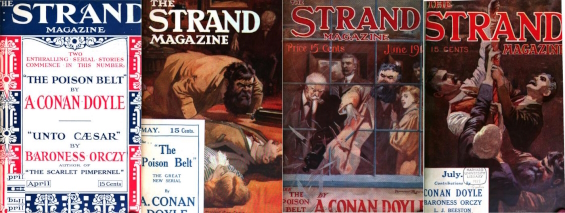
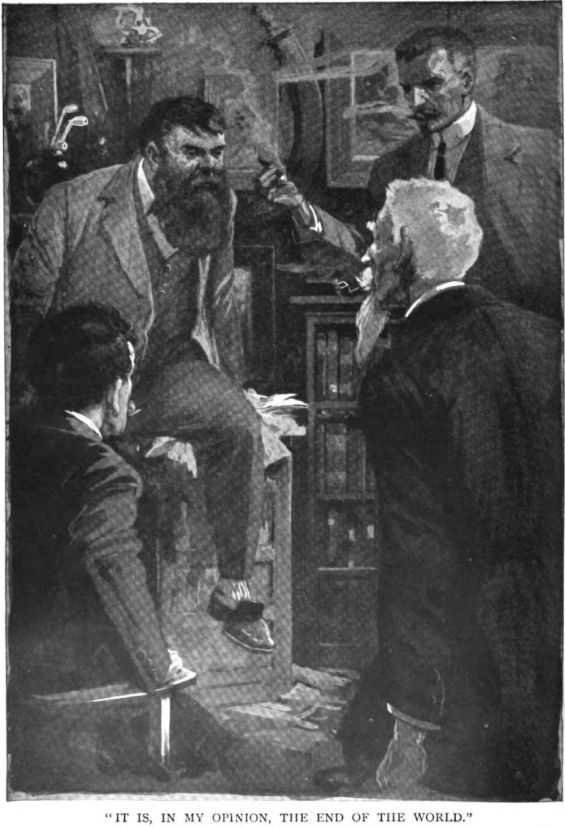
Posted by Jesse WillisBecome a Patron!
